The Taliban’s ‘unprecedented’ crackdown on opium poppy crops in Afghanistan
Cultivation in former poppy-growing heartland Helmand has been slashed from 120,000 hectares to less than 1,000
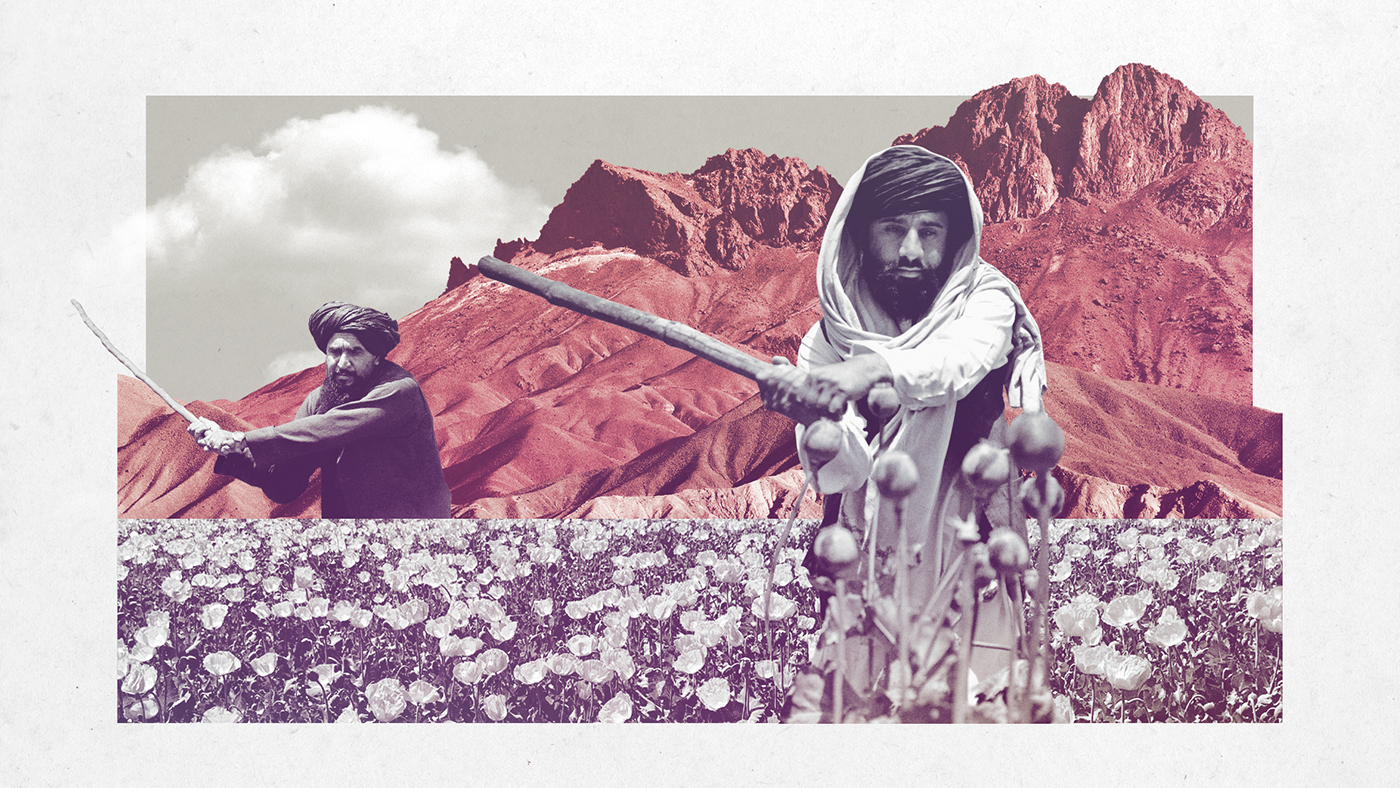
A free daily email with the biggest news stories of the day – and the best features from TheWeek.com
You are now subscribed
Your newsletter sign-up was successful
Afghanistan’s Taliban rulers have succeeded in slashing opium poppy production in the country after banning cultivation of the crop, analysis of satellite imagery and reports from the ground suggest.
Latest visual data gathered by geospatial firm Alcis indicates that in Helmand, previously a leading poppy-growing region, cultivation has been slashed from 120,000 hectares last year to less than 1,000 hectares. The reduction “surpasses any prior national poppy ban in Afghanistan”, wrote lead researcher David Mansfield, an independent consultant on illicit drugs in the region.
Since rolling out the latest ban in April 2022, the Taliban “appears to have accomplished in Afghanistan what the West couldn’t”, said the BBC’s correspondent Yogita Limaye. “But there are questions about how long they can sustain it.”
The Week
Escape your echo chamber. Get the facts behind the news, plus analysis from multiple perspectives.

Sign up for The Week's Free Newsletters
From our morning news briefing to a weekly Good News Newsletter, get the best of The Week delivered directly to your inbox.
From our morning news briefing to a weekly Good News Newsletter, get the best of The Week delivered directly to your inbox.
What effect has the ban had?
Cracking down on Afghanistan’s narcotics trade had been “a major demand of the international community” since the Taliban retook control of the country in August 2021, said Sky News.
But the Islamic fundamentalist group’s cultivation ban was “met with considerable scepticism”, wrote Mansfield for Alcis, as Afghanistan faced a deepening humanitarian crisis and a fragile economy.
Although cultivation has now been slashed, last year’s harvest was largely exempt from the ban.
Data from the UN Office on Drugs and Crime (UNODC) published last November found that the country produced more than 80% of the world’s opium in 2022, providing a major source of income. And heroin made from Afghan opium still accounts for 95% of the European market.
A free daily email with the biggest news stories of the day – and the best features from TheWeek.com
The “threat of a future crackdown and subsequent shortages” contributed to a sharp rise in prices last year, said the Financial Times. By October, weeks before the next poppy planting season began, drug prices in Afghanistan had “soared”.
The UNOCD data found that farmers’ income from opium sales had “more than tripled”, and that cultivation of the crop in 2022 was up by 32% on the previous year.
What has the Taliban done?
Analysis of satellite images by Alcis indicates that the “scale” of the reductions in poppy cultivation in Afghanistan this year are “truly unprecedented”, said Mansfield.
The “lion’s share” of the country’s opium poppies are grown in the south and southwest regions, where satellite imagery points to the lowest levels of the crop seen since the Taliban last imposed a poppy-growing ban, in 2001. Production this year “will be negligible compared to 2022”, he continued. “Despite the scepticism, a ban really is in place.”
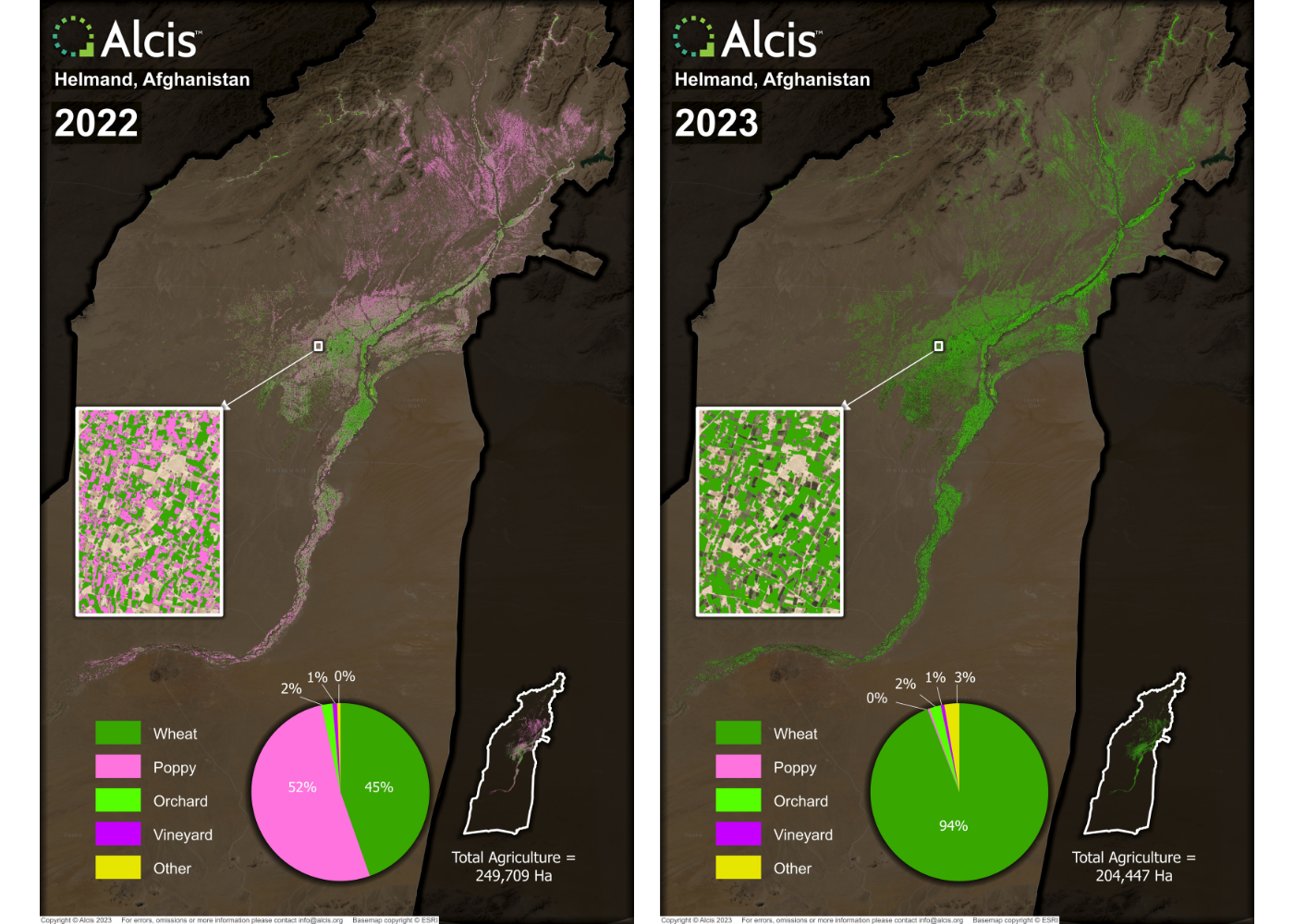
“A large number of farmers have complied with the ban,” said the BBC’s Limaye, “and Taliban fighters have been destroying the crops of those that haven’t.”
Working at “remarkable” speed, the fighters “carry out the job using only sticks”, she continued. By contrast, the US spent billions of dollars trying to stop Afghanistan’s opium production and trafficking, “in the hope of cutting the Taliban’s source of funding”.
But the group’s leadership now “appears to have been more successful cracking down on cultivation than anyone ever has”.
What next?
“The opium economy has long been one of Afghanistan’s biggest employers,” said Mansfield. The UNODC’s data indicated that Afghan farmers’ income from opium totalled $1.4 billion in 2022.
With farmers now having to turn to “less-profitable” crops such as wheat, “violent clashes” with Taliban units have been reported, and “at least one civilian was shot during the eradication campaign”.
A Taliban spokesperson told the BBC that while “people are very poor and they are suffering”, the harms of drug addiction “outweighed its benefits”. The group also reportedly claimed that the opium ban had been imposed “because it goes against their religious beliefs”.
“As far as alternative sources of livelihood go, we want the international community to help Afghans who are facing losses,” the spokesperson said.
The group is also seeking to ease sanctions that are severely hampering banking, business and development.
In southern regions of Afghanistan,however, “the ban will already be taking its toll on the landless”, said Mansfield. Selling “vehicles, gold, and land” will become “one of the few viable ways” for affected households to survive.
“Outmigration” will also become “an increasingly important coping strategy” for some, he predicted. Should the ban be enforced for a second year, “an exodus is possible” – and Europe “might face a choice between Afghan drugs or Afghan migrants”.
Julia O'Driscoll is the engagement editor. She covers UK and world news, as well as writing lifestyle and travel features. She regularly appears on “The Week Unwrapped” podcast, and hosted The Week's short-form documentary podcast, “The Overview”. Julia was previously the content and social media editor at sustainability consultancy Eco-Age, where she interviewed prominent voices in sustainable fashion and climate movements. She has a master's in liberal arts from Bristol University, and spent a year studying at Charles University in Prague.
-
 The 8 best TV shows of the 1960s
The 8 best TV shows of the 1960sThe standout shows of this decade take viewers from outer space to the Wild West
-
 Microdramas are booming
Microdramas are boomingUnder the radar Scroll to watch a whole movie
-
 The Olympic timekeepers keeping the Games on track
The Olympic timekeepers keeping the Games on trackUnder the Radar Swiss watchmaking giant Omega has been at the finish line of every Olympic Games for nearly 100 years
-
 Operation Rubific: the government's secret Afghan relocation scheme
Operation Rubific: the government's secret Afghan relocation schemeThe Explainer Massive data leak a 'national embarrassment' that has ended up costing taxpayer billions
-
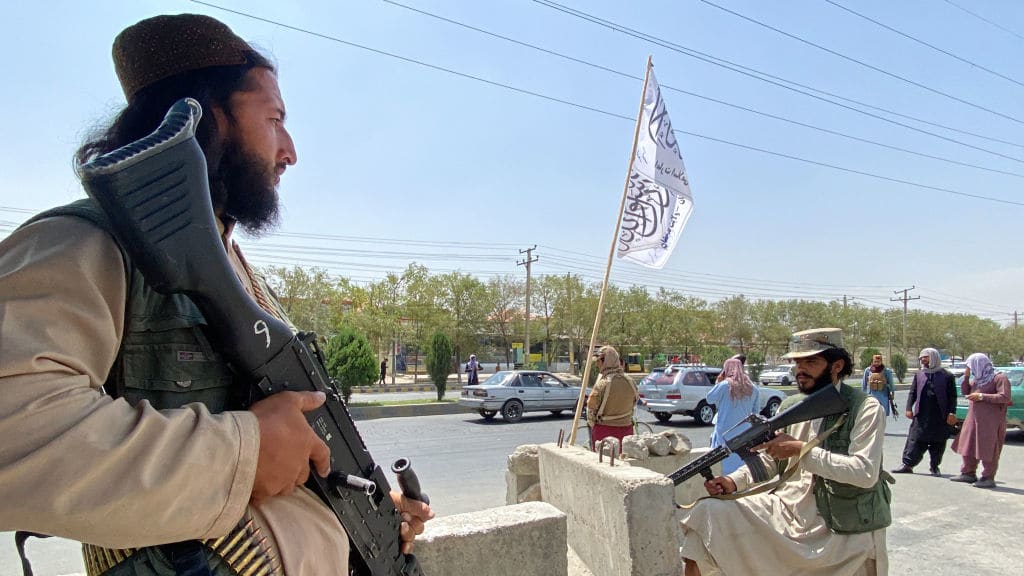 Taliban releases 2 Americans held in Afghanistan
Taliban releases 2 Americans held in AfghanistanSpeed Read
-
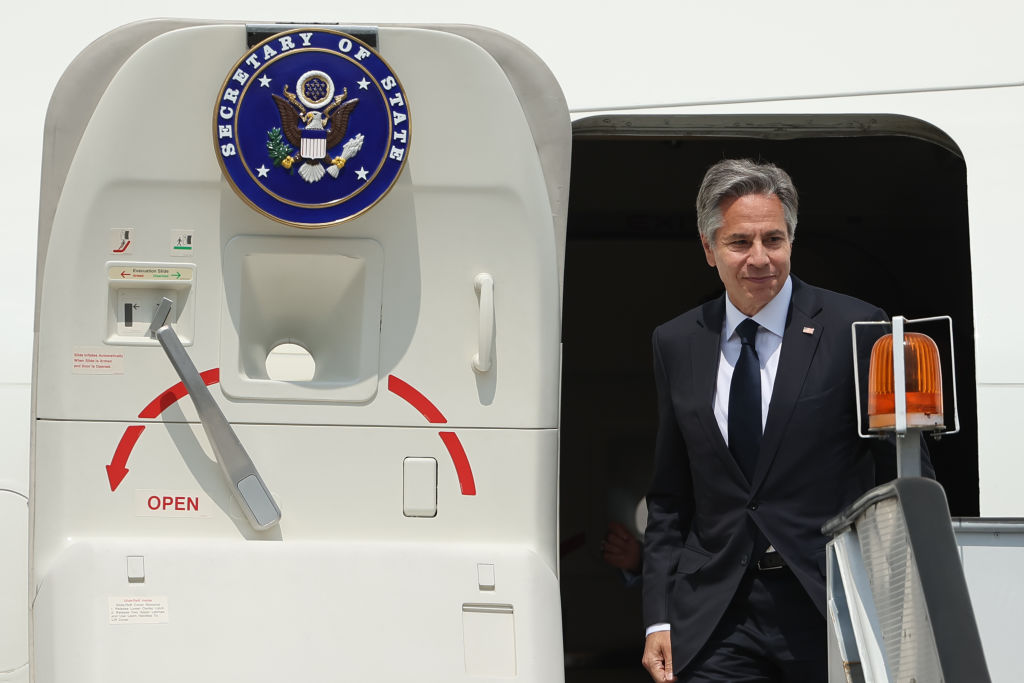 American detained in Afghanistan for over 2 years released in prisoner exchange
American detained in Afghanistan for over 2 years released in prisoner exchangeSpeed Read
-
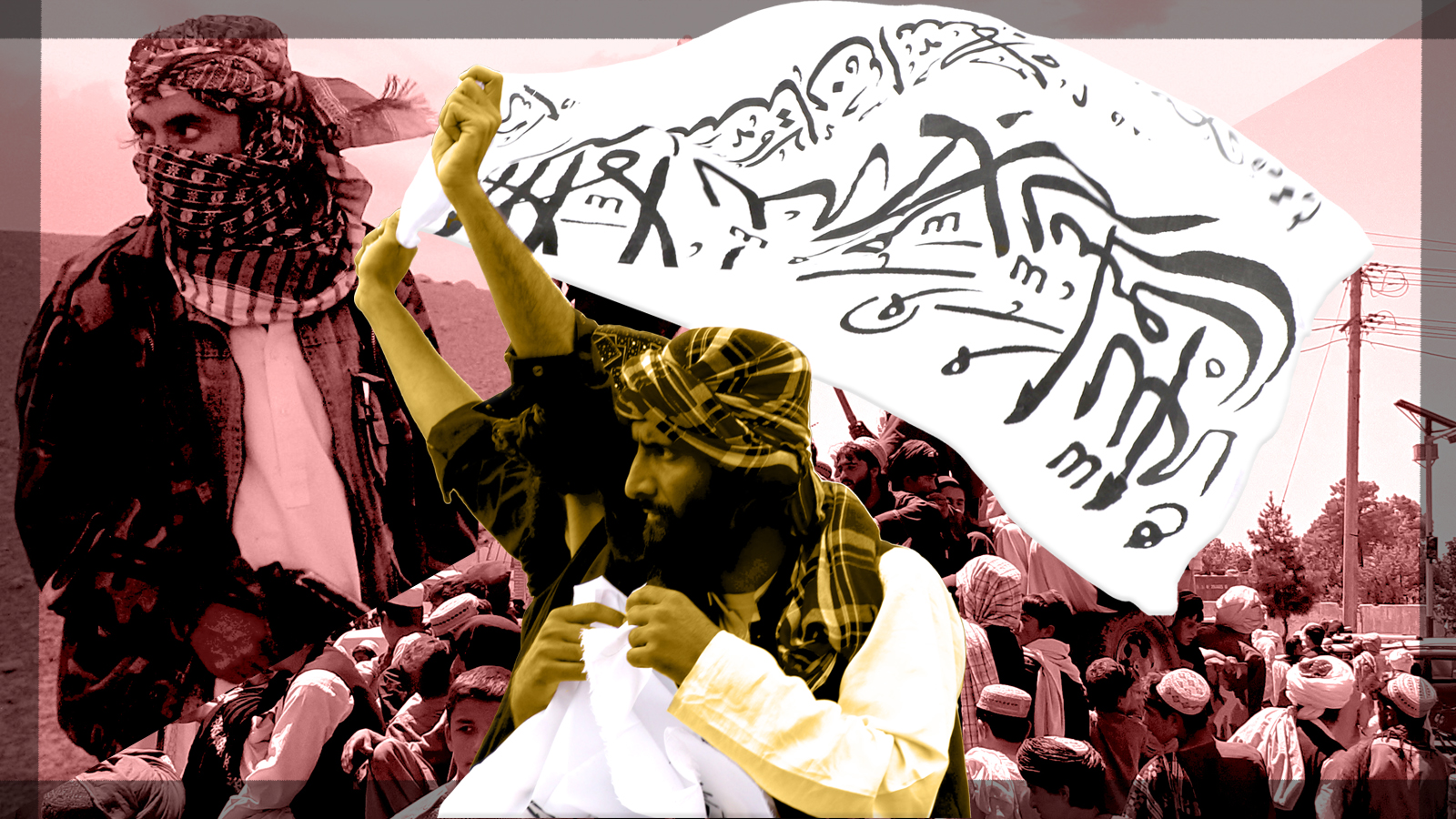 Afghanistan: A year after the withdrawal
Afghanistan: A year after the withdrawalopinion What did the U.S. leave behind when it pulled out of Afghanistan?
-
 Prominent cleric who supported female education killed in Afghanistan bombing
Prominent cleric who supported female education killed in Afghanistan bombingSpeed Read
-
 What the U.S. accomplished by killing al-Zawahiri
What the U.S. accomplished by killing al-Zawahiriopinion The sharpest opinions on the debate from around the web
-
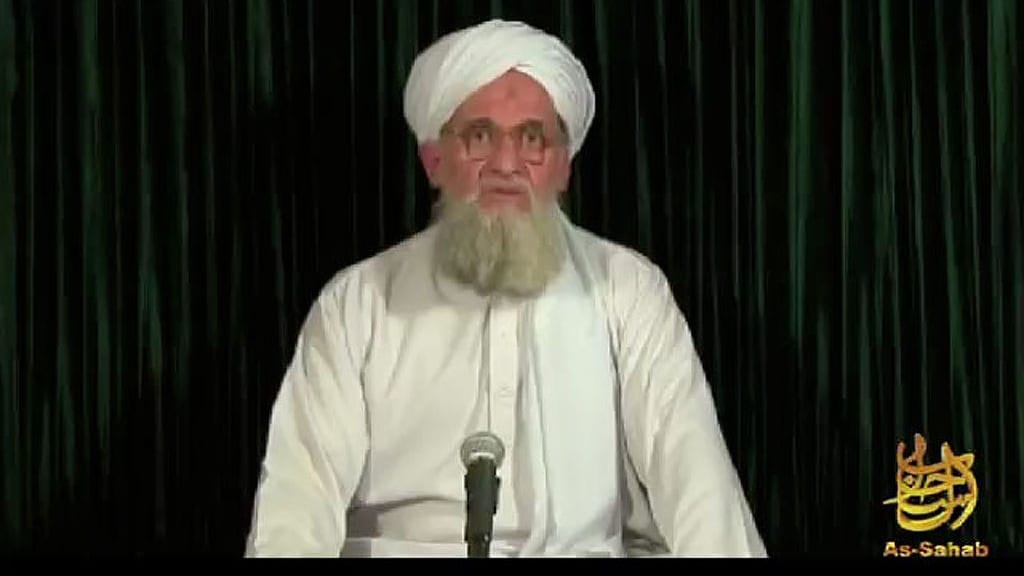 Officials: U.S. killed top Al Qaeda leader Ayman al-Zawahiri
Officials: U.S. killed top Al Qaeda leader Ayman al-ZawahiriSpeed Read
-
 MoD vs BBC: Panorama stands by SAS death squads exposé
MoD vs BBC: Panorama stands by SAS death squads exposéTalking Point New evidence suggests one squadron may have unlawfully killed 54 Afghans in six months